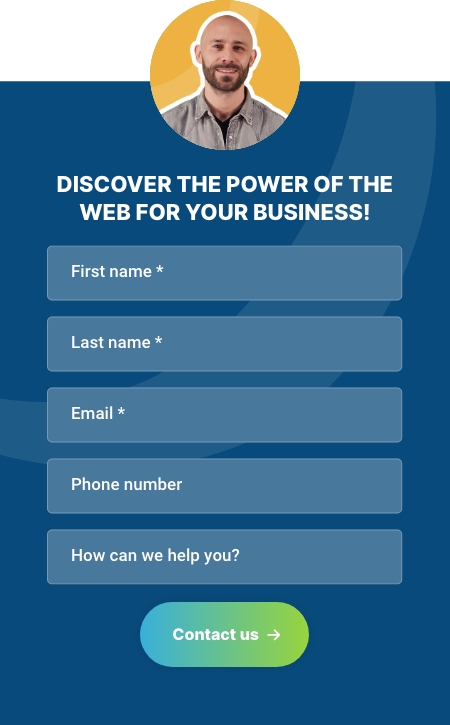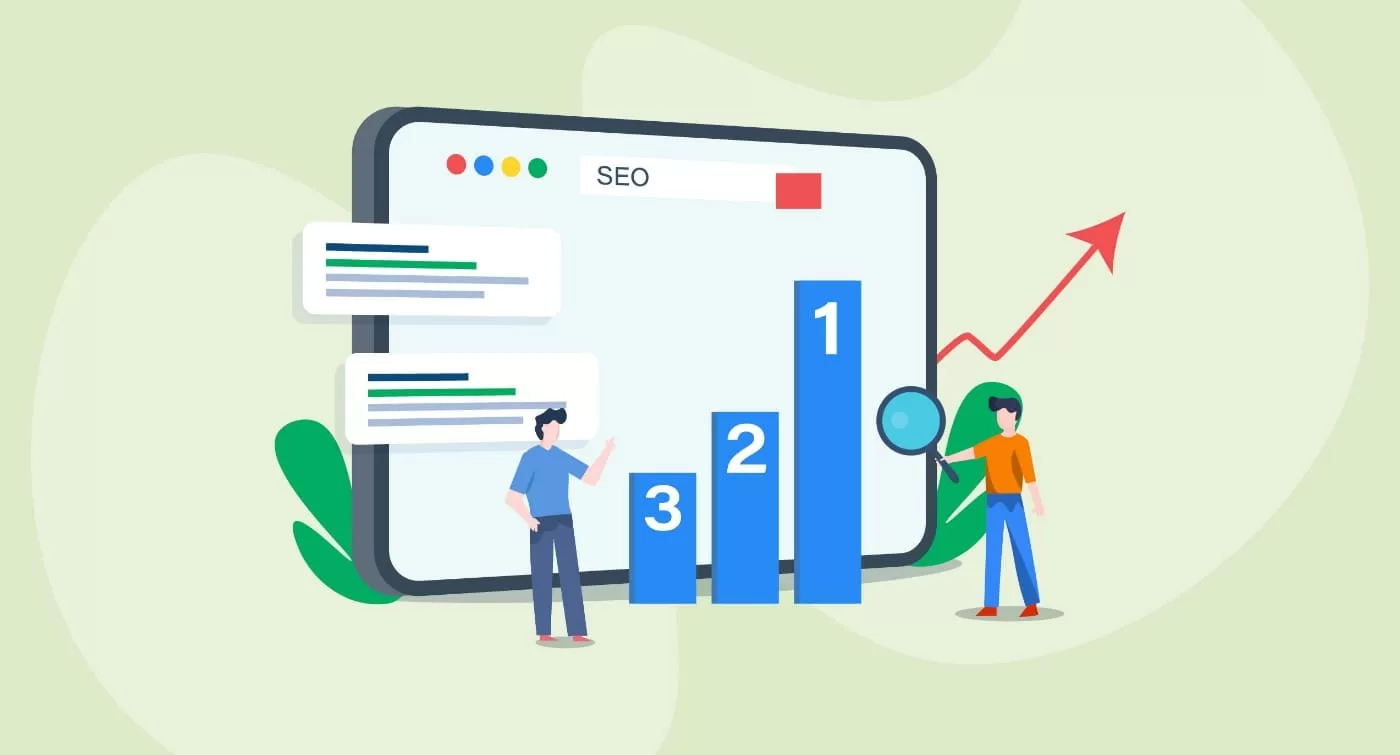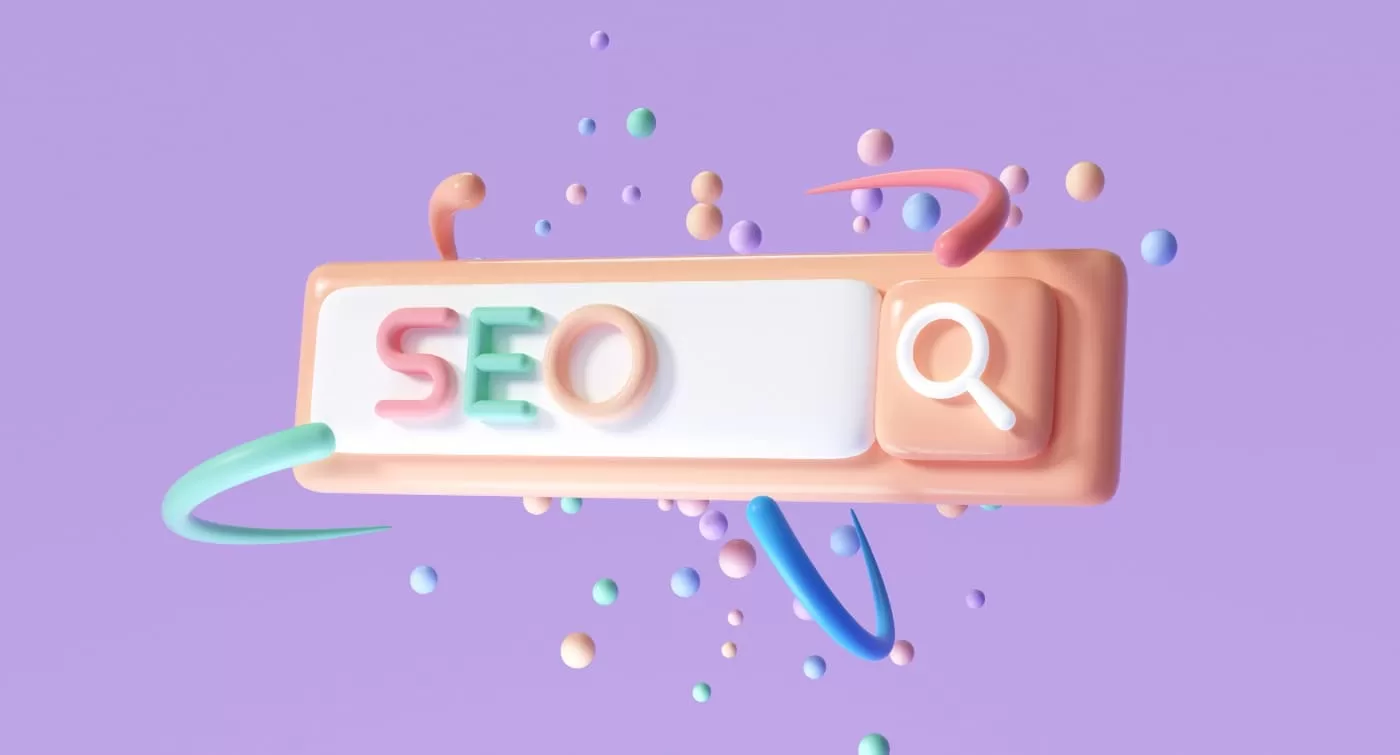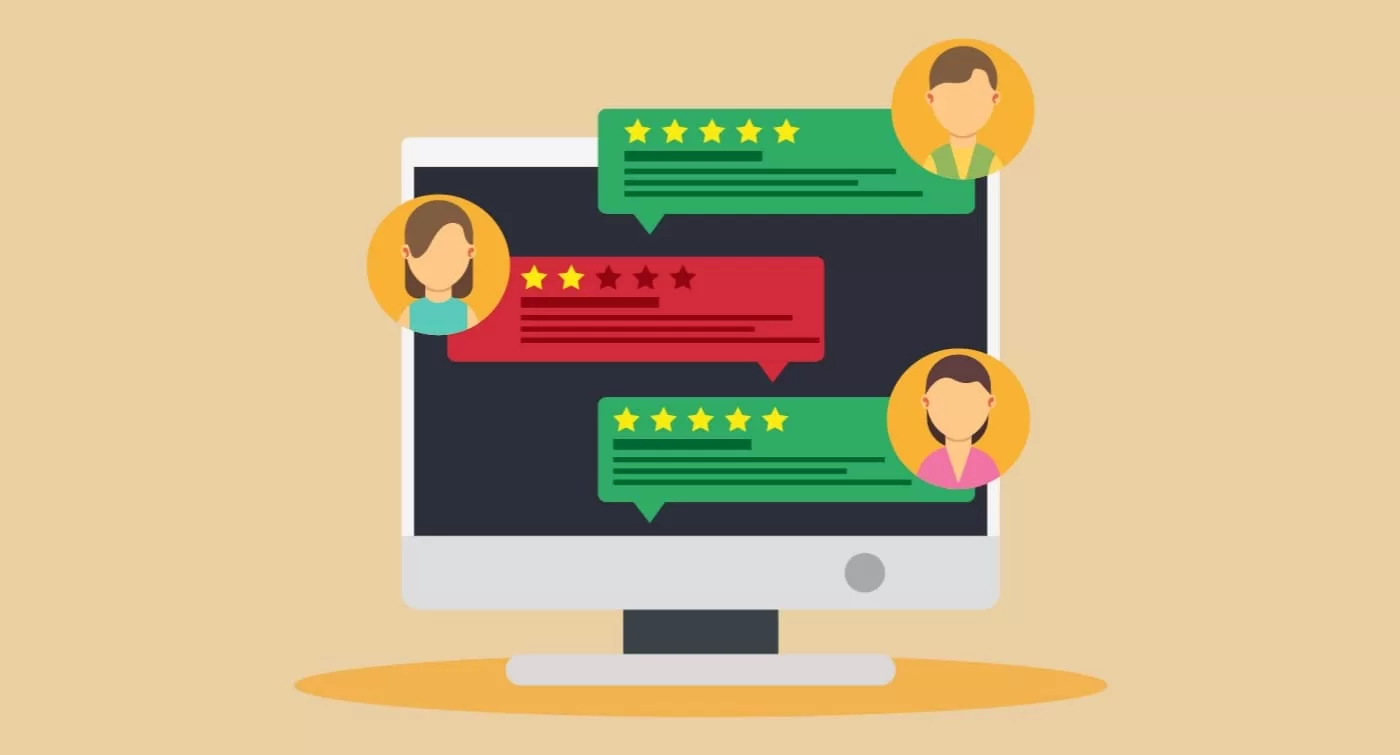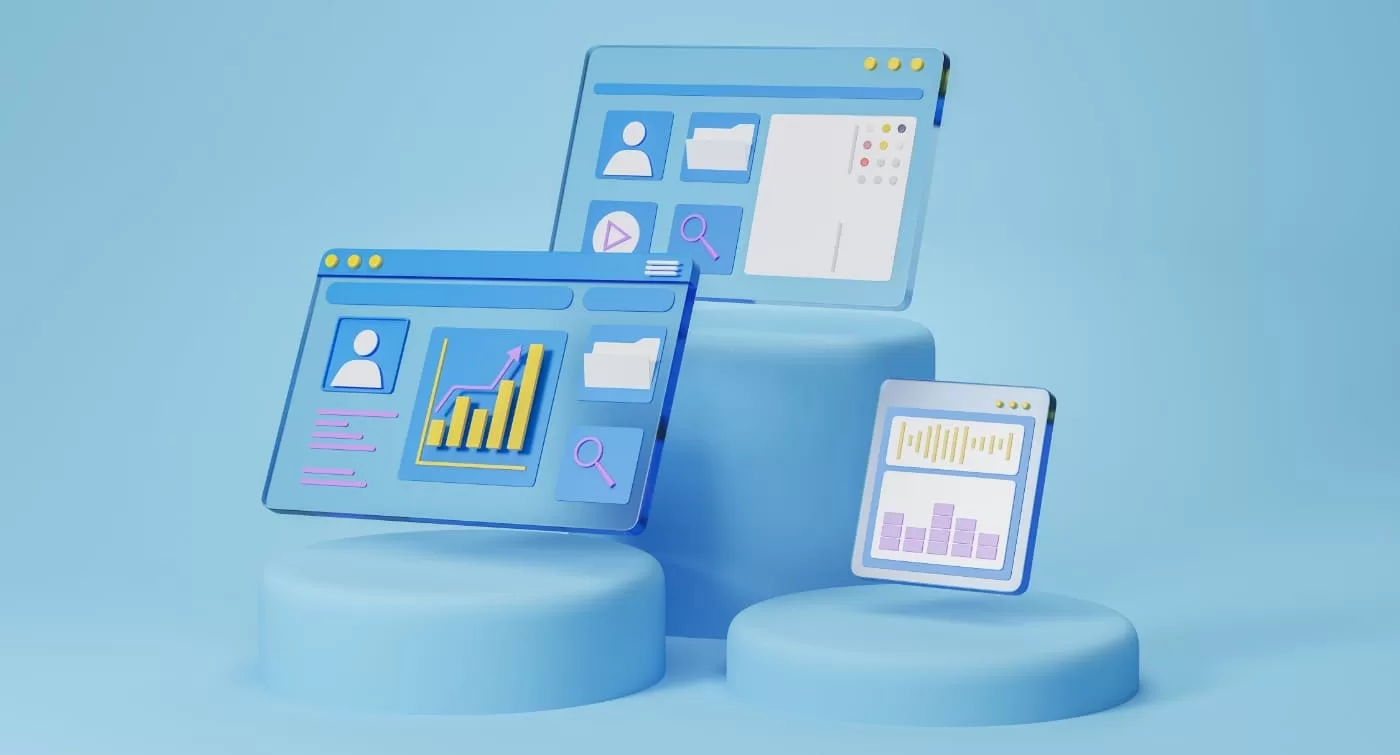
Every business owner wants to be first on Google. However, since there is unfortunately no magic formula for this purpose, it is important to focus your efforts on SEO best practices that will help you optimize your SEO.
The tips presented by our web agency experts in this article will help you generate organic traffic to your site and improve your Google ranking.
1 – Optimize your website loading speed
Web page loading speed is an essential factor in the user experience and search engine optimization of your site. If a user wants to visit a web page on your site and it takes more than 3 seconds to load, there is a high risk that they will leave.
Your page loading speed will therefore influence your traffic and your SEO, since Google tends to give a better ranking to a site with a better loading time. Moreover, the fact that users arrive on your page and leave it immediately will increase your bounce rate, which will indicate to Google that your site is potentially substandard.
You can use the free Google suite tool, PageSpeed Insights, to test the loading time of your web pages. Simply enter the URL of the web page you want to analyze, and Google will recommend solutions to improve the loading time of your page.
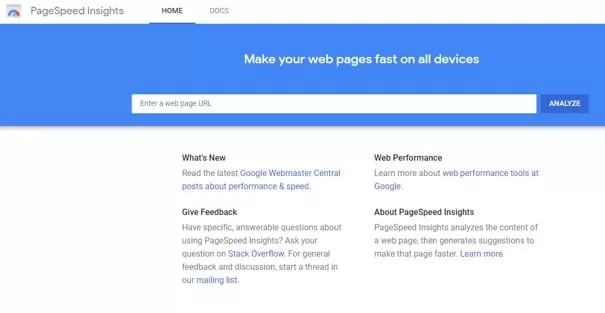
However, be careful not to take everything the tool tells you at face value. In fact, it is sometimes impossible to get a good score without degrading the user experience, especially with regard to images or some basic CMS configurations (such as WordPress) that you may use.
2 – Write quality content
Content writing is essential for any company that wants to be at the top of search rankings.
Publishing and sharing quality content will improve your brand awareness. In addition, this content is an opportunity for you to demonstrate your expertise in your field. If a user reads your content and finds it useful, they will form a positive opinion of your company and will probably contact you if they have the need or desire to do so.
3 – Write more than 500 words of content per page
“Should you focus on the quality or quantity of web content?” is a question that our customers regularly ask us. The answer is obvious: both, since you want to appear credible to Google AND your audience.
As we mentioned earlier, your content quality will be very important in convincing the user to contact you or use your services. However, writing a certain amount of content is also necessary to optimize your SEO.
If you want to stay competitive, you have to make sure you write more or less the same amount of content as your competitors. However, there is no point in writing 1500 words of content if it doesn’t bring any added value to the user. We recommend writing at least 500 words of content, while paying attention to the structure, spelling and vocabulary used.
4 – Use your keyword wisely
At first, you have to perform keyword research to find out which keywords you want to position yourself on. You can use a number of tools such as Google Keyword Planner, SEMrush or AnswerThePublic to do this.
Once you have chosen the keywords to work with, you need to use them wisely to boost your SEO. This is done by focusing on a keyword related to the theme of your web page and integrating it into it:
- The H1 tag of your web page,
- Some of your other headings,
- The title tag that appears in the search results,
- Your content,
- The URL of your page.
The reason we insist on using this keyword wisely is that it is simply unnecessary to integrate it everywhere for no reason. In order for search engines to take your website seriously, you have to use this keyword naturally in a certain context.
5 – Optimize your title tag and meta description
The title tag and meta description are the first things that users see when your web page appears in search results.
Your title tag should reflect user search intent, that is, the content that the user wants to see when entering a request. Moreover, integrating the keyword of your page into this tag will help Google and the user understand what your page is about and improve its positioning in search results.

The meta description of your web page is not directly taken into account in SEO criteria, but it will allow you to attract the Internet user to your page. Briefly present the topics covered in the content of the page. However, like Google, Internet users are not fond of duplicate content, so we recommend that you write content that doesn’t already appear on the page.
6 – Optimize your URLs
You also need to work on your URLs to optimize your SEO so that they are understandable for both Google and Internet users.
For example, the topic is clearly presented in the URL below for our article about the 10 free tools to optimize your SEO. We recommend that you include between 2 and 5 words, including your keyword, to make your URL readable.
![]()
7 – Optimize your internal linking
Internal linking is another strategy to implement for your SEO.
First of all, what is the internal linking of a website? It is a method you will use to create links between the different web pages of your site.
For example, in the paragraph above, we have inserted a link on the words “internal linking” to an article in our blog on the subject.
These internal links will encourage the visitor to stay on your site since they will make it easier for them to navigate. In addition, the internal links will optimize your SEO since they communicate the authority from one page to another. In other words, if one of your pages has a high authority, the pages referred in the internal links contained on that page can also benefit from it and get a better ranking on Google.
These tips will help you to achieve an optimal internal linking strategy:
- Choose relevant links that are related to the content of the web page you are optimizing,
- Insert these links into your content naturally,
- Choose the right anchor text, i.e. the visible and clickable text of your link.
[article_form]
8 – Develop a backlink strategy
External links, better known as backlinks, are links from another website redirecting users to your site. This will help Google take your site more seriously.
If your content is relevant, other websites will probably want to refer it to their audience with a backlink. In addition, the stronger the domain authority of the site, the more Google will consider your site interesting for users. On the other hand, if these links are poor quality, you may be penalized.
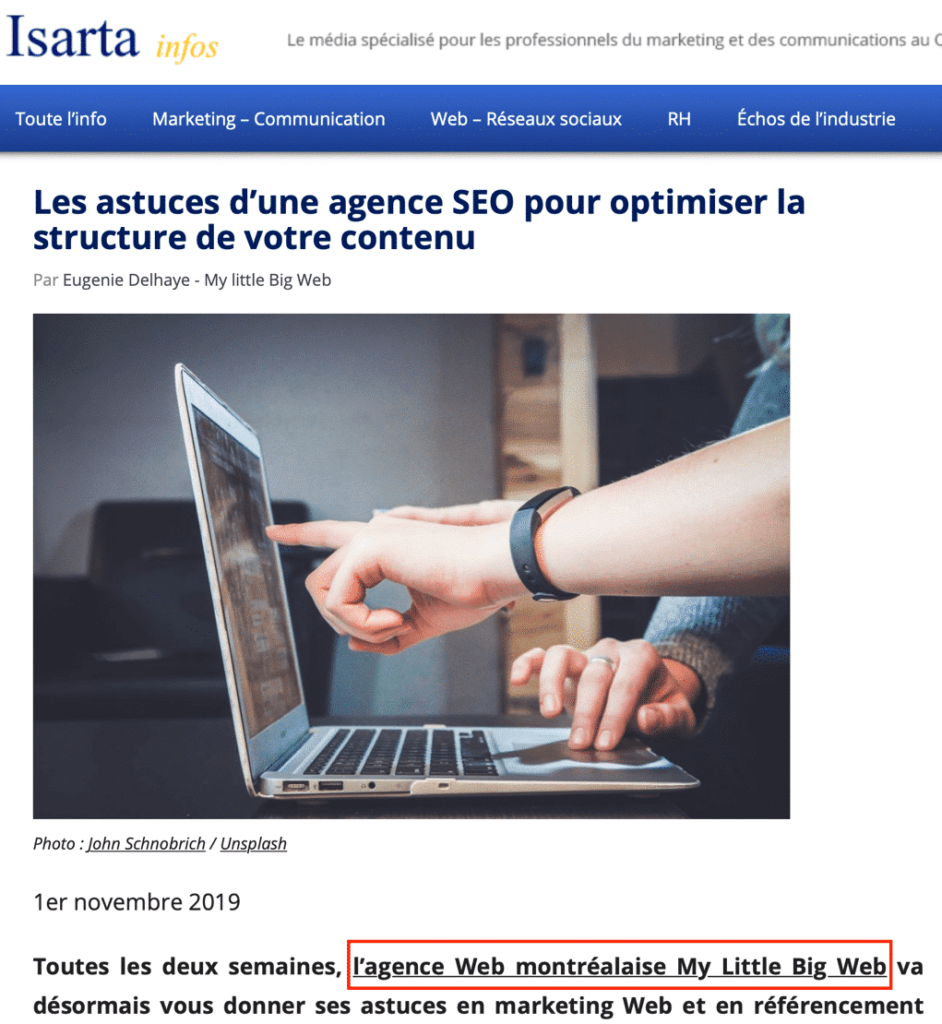
9 – Optimize your images
Even if search engines don’t know how to interpret images perfectly, optimizing them will help search engines understand them better.
Here are some image optimizations that you can do to indirectly improve your SEO:
- Your image should be relevant and related to the topic you are addressing,
- Name the image file with your keyword,
- Use an alt tag, this will help visually impaired users read your content and help users understand the content of the image if it is not displayed correctly.
- Use a title tag. This title will appear on your page when the user hovers over the image.
- Write a caption describing the image to capture the readers’ attention.
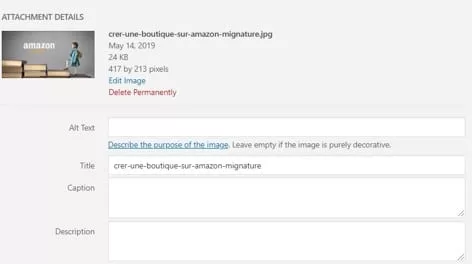
10 – Develop a social media strategy
Social networks should be at the heart of your SEO strategy. Even though Google doesn’t take your social media activity directly into account when ranking your site, it will indirectly influence your SEO for the following reasons:
- Sharing relevant content (blog articles or infographics, for example) will encourage people to visit your website,
- Being active on social networks boosts your visibility,
- Sharing your posts will indirectly create backlinks.
Simply put, a social networking strategy will help you demonstrate your expertise to your followers, build customer loyalty and attract new customers.
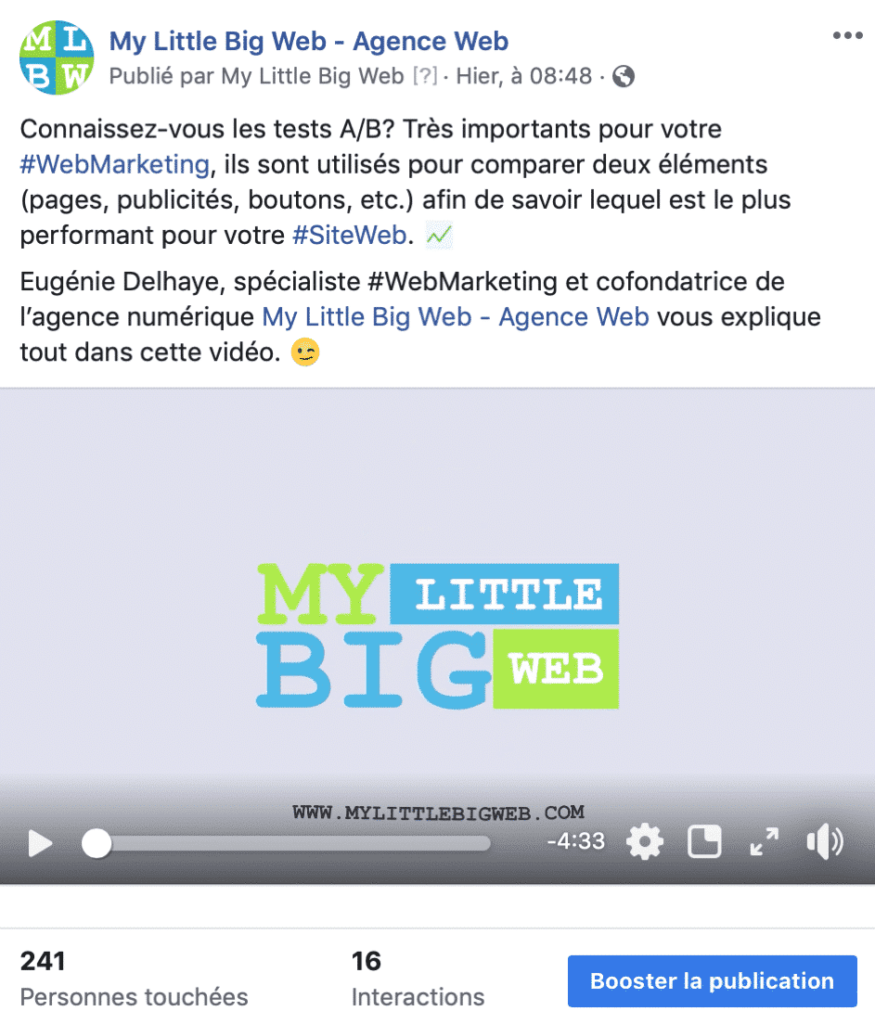
Optimize your search ranking with these 10 SEO tips
In this article, our SEO agency presented the 10 most important tips to optimize your search engine ranking.
However, if you need help optimizing your SEO or have any questions about it, please feel free to contact us!
More reading


